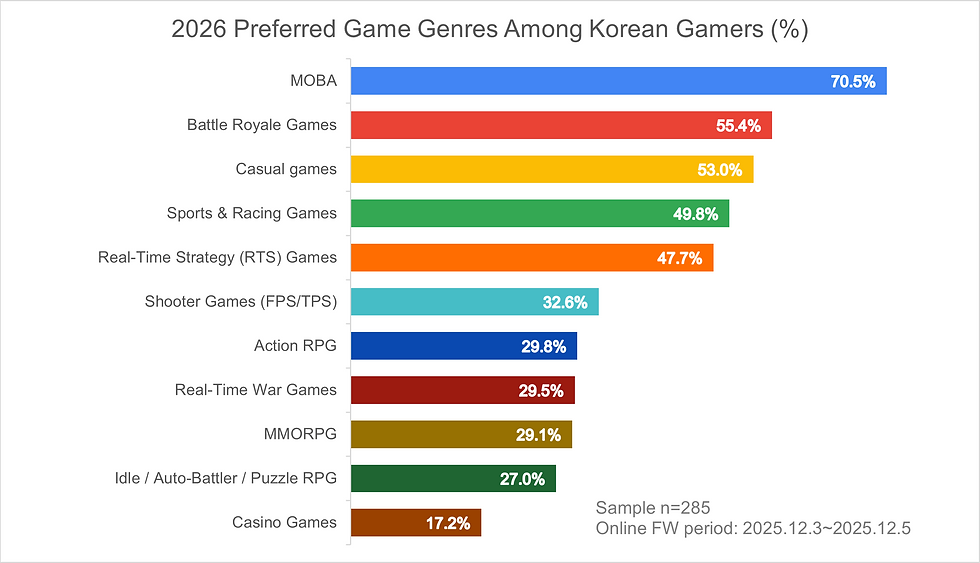Mastering the Art of Interviewing Game Users
- uxrplayer
- Oct 17, 2023
- 2 min read
Unlocking the secrets of a player's mind is a delicate art, especially when conducting interviews in the gaming world. Game user interviews provide invaluable insights, but they come with their own set of challenges. Understanding the nuances of questioning techniques can make or break the data collected. Let’s explore essential interviewing tips that researchers should keep in mind when diving into the intricate realm of game user studies.

1. Mindful Questioning
Asking questions alters player behavior. Repeating questions throughout a session can skew results. Moderators should strategically time their inquiries to avoid influencing gameplay. Additionally, be cautious about phrasing questions negatively, as it might lead to defensive responses.
2. The Power of Repetition
Repeating a player's answer back in a conversational manner serves multiple purposes. It ensures the moderator comprehends the response accurately, encourages players to elaborate further, and provides time for note-taking. This technique enhances the depth of understanding without altering the player's perspective.
3. Navigating Opinions
While opinions are valuable, they need careful handling. Players' likes and dislikes can unveil usability issues when probed further. However, these opinions should not be directly integrated into the analysis due to their limited reliability. Instead, they can serve as starting points for deeper exploration.
4. Handling Unreliable Memories
Post-gameplay interviews risk unreliable answers due to players forgetting their in-game experiences. Moderators must be vigilant for unintentional fabrications. Addressing issues promptly, even during the session, can provide more accurate insights. Validation through observations is crucial to counter unreliable memories.
5. Avoiding Player Projections
Players sometimes project their experiences onto others or speculate about hypothetical situations. Researchers must redirect these projections back to the player's own experience. Avoiding hypothetical questions maintains the focus on real-time, actionable data, ensuring the integrity of the study.
6. Knowing When to Move On
Recognizing when a player's answer is comprehensive is crucial. Moderators should probe deeper until they obtain actionable information that could aid game development. Imagine explaining the player's feedback to developers—if it lacks depth, delve further to extract meaningful insights.
Mastering the art of interviewing game users requires finesse and precision. By navigating the intricacies of questioning, repetition, opinion handling, memory reliability, projection avoidance, and knowing when to move on, researchers can extract rich, authentic insights. Armed with these techniques, researchers can illuminate the path toward creating immersive and user-friendly gaming experiences. Happy gaming and interviewing!
Source:
.png)



Comments